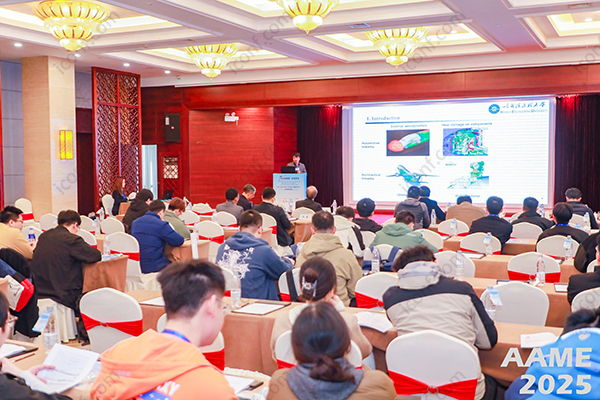

135 views||Release time: Jun 12, 2025
For researchers and scholars, submitting a paper to an academic conference can be a milestone in their career. However, many first-time authors wonder: Are all conference submissions accepted? The short answer is no. Understanding the selection process and knowing where and how to submit your paper is critical for success.
This article will explain how academic conferences evaluate papers, why rejection is common, and how using reliable submission platforms like iconf.com can streamline your efforts.

Academic conferences aim to present high-quality, innovative research. To maintain credibility, most conferences go through a rigorous peer review process. During this stage:
Reviewers assess originality, methodology, and relevance
Only papers that meet the standard of the conference theme are accepted
Acceptance rates can range from 20% to 70%, depending on the conference tier
This means not all papers are accepted, even if they are well-written. Some may be rejected due to topic mismatch, formatting issues, or insufficient novelty.
Here are some typical causes of rejection:
Lack of alignment with the conference's topics or scope
Poor structure or formatting, not following submission guidelines
Insufficient contribution to the field or duplicated results
Language barriers that hinder readability and comprehension
Understanding these criteria can help you refine your manuscript before submission.
Success in academic publishing involves more than just good research. Here are some ways to increase your paper’s chances of being accepted:
Choose the right conference: Make sure your topic fits the conference’s theme
Follow the formatting requirements strictly
Proofread carefully to eliminate grammar or clarity issues
Get feedback from peers or mentors before submission
Additionally, using a centralized submission platform helps avoid mistakes caused by manually searching and submitting across multiple conference websites.
iconf.com is designed to simplify the submission process for authors. Instead of browsing scattered websites and manually handling submission logistics, researchers can:
Browse active and upcoming conferences across disciplines
Easily track submission deadlines and requirements
Submit papers directly through a reliable, user-friendly interface
Stay updated with notifications and organizer feedback
By using platforms like iconf.com, you reduce the risk of submitting to the wrong venue and increase the likelihood that your paper gets the attention it deserves.
Submitting a paper to a conference does not guarantee acceptance. It’s a competitive process that values quality, relevance, and presentation. However, by preparing your manuscript carefully and utilizing tools like iconf.com, you significantly improve your chances of success. Whether you're an early-career researcher or an experienced academic, a smart approach to submissions makes a real difference.